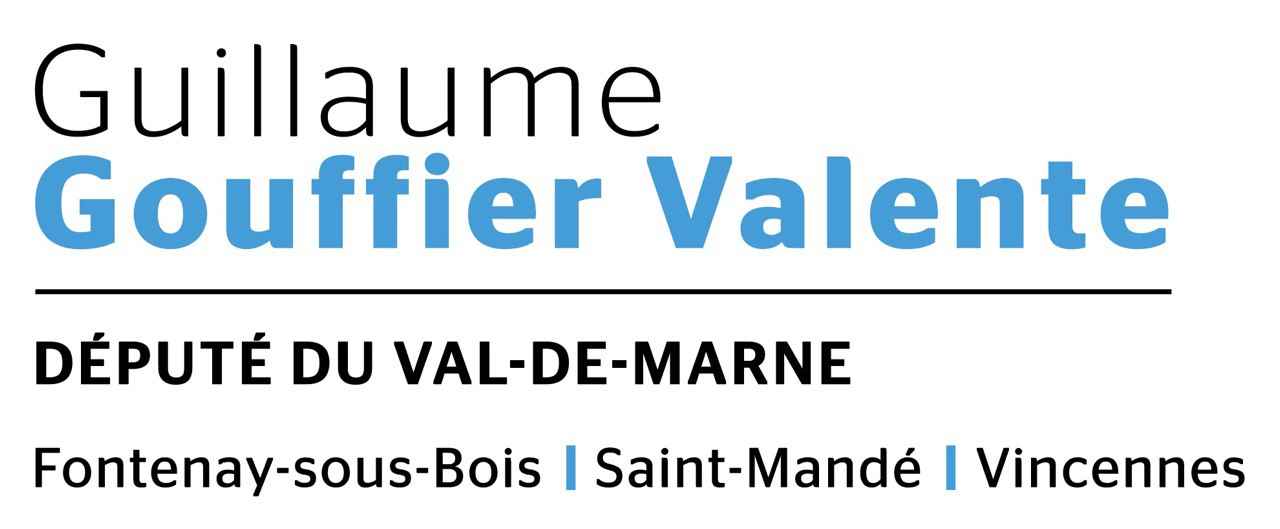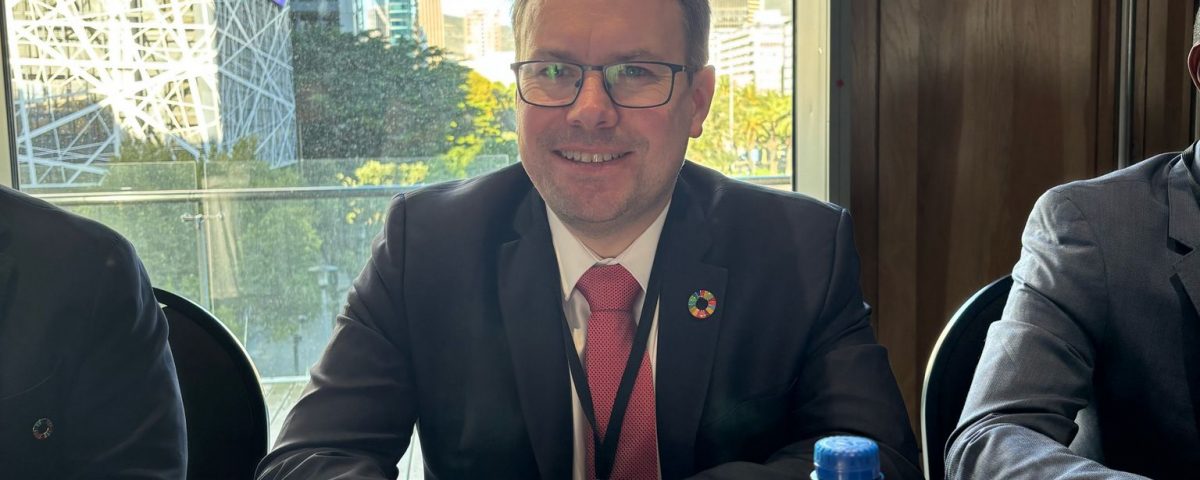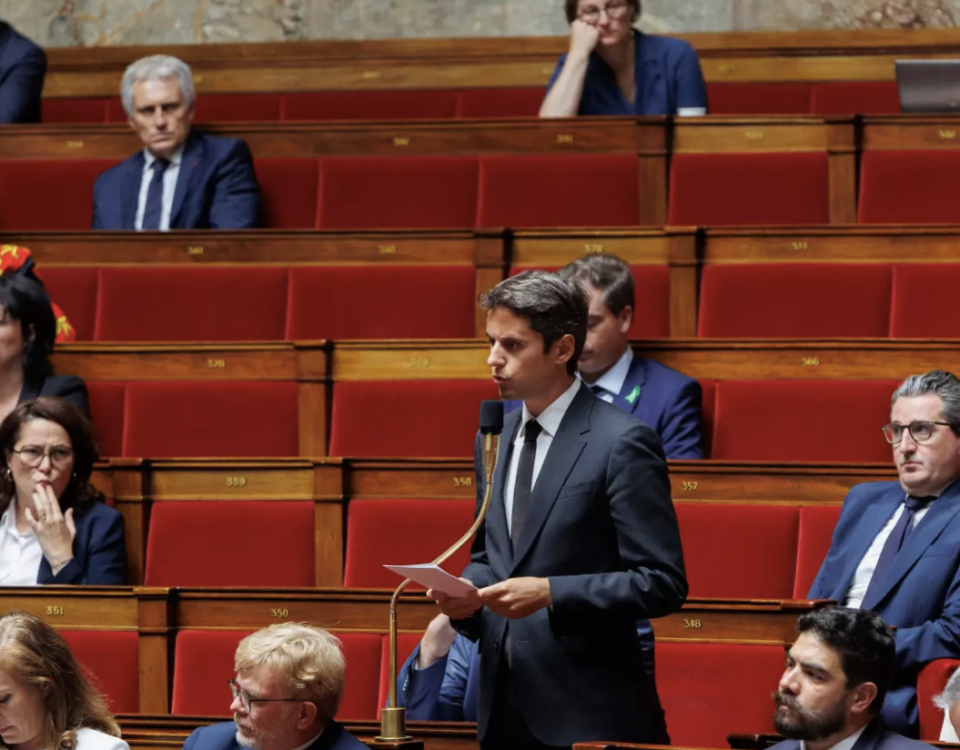Intervention à la conférence parlementaire du G20 : investir dans la santé des femmes

Intervention en séance publique sur la PPL parité dans les élections municipales
8 avril 2025
Questions au député du 10 avril 2025 à Vincennes
6 mai 2025Intervention à la conférence parlementaire du G20 : investir dans la santé des femmes
Lundi 5 mai 2025
Dear Minister,
Dear President,
Dear Chair,
Dear colleagues’ members of Parliament,
Ladies and gentlemen,
Thank you, it’s a real pleasure to be here in South Africa. I am honored to be here today both as a French parliamentarian and President of the European Parliamentary Forum for Sexual and Reproductive Rights.
Before I begin, I want to warmly thank south African authorities for hosting this conference and Neil Datta, executive director of the European Parliamentary Forum for Sexual and Reproductive Rights and his team for organizing this conference.
It’s a great privilege to meet and exchange with such committed parliamentarians who understand the power and responsibility that we have in fostering women’s health.
We said it before but it bears repeating : we are living in a time of deep global uncertainty and backlash on women’s rights and gender equality.
Across the world, fundamental rights are under attack : politically, in the media and online.
The rollback of 92% of USAID funding, the appointment of openly anti-choice leaders to key multilateral posts, and efforts to erase gender from UN language are not isolated events. As we saw in New York during the CSW, these are coordinated and strategic choices that are made by ultra-conservative forces to serve a political program where women aren’t part of it.
But this moment of resistance also reminds us of the crucial role Members of Parliament (MPs) can play :
- In defending international human rights frameworks such as the ICPD Programme of Action, the SDGs, and the Beijing Platform for Action ;
- In pushing for more ambitious public development aid (APD) ;
- In championing ambitious and sustained investments in women’s health ;
- And in shaping tomorrow’s funding tools ;
- And promoting a feminist foreign diplomacy.
Let’s be clear: the health of women is not just a matter of care – it is a human right, and a driver of economic and social progress.
In this regard, we must ensure the protection of public development aid for women’s health, while also leveraging Innovative Financing mechanisms to ensure our priorities are resilient and future-proof.
MPs must be the political drivers of these reforms. Among all development priorities, investing in women’s health delivers the highest and most lasting returns: for every 1$ invested in women’s health, there are 3$ in economic benefits, through enhanced quality of life and increased workforce participation.
Women’s autonomy leads to better education outcomes, economic growth, and stronger democracies.
The message is simple : empowering women saves lives, builds economies, and protects peace.
The G20 is a key platform where we must defend sexual and reproductive health rights, promote sustainable funding, and show that feminist policies are smart, strategic and sustainable policies.
As parliamentarians, we do not just react to history — we shape it. So we have our place in this process.
Thank you for your commitment. Let’s continue this fight, together.



